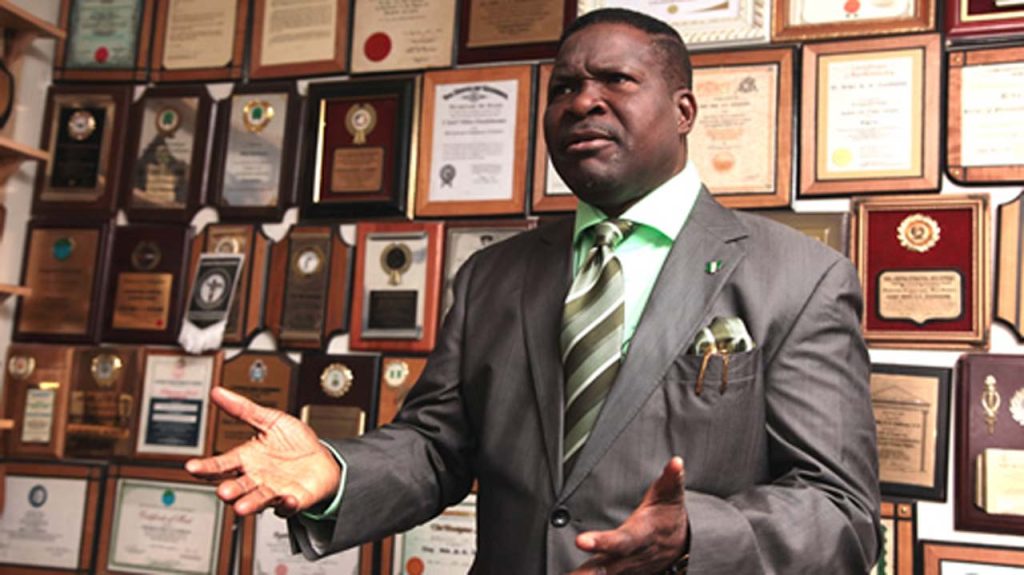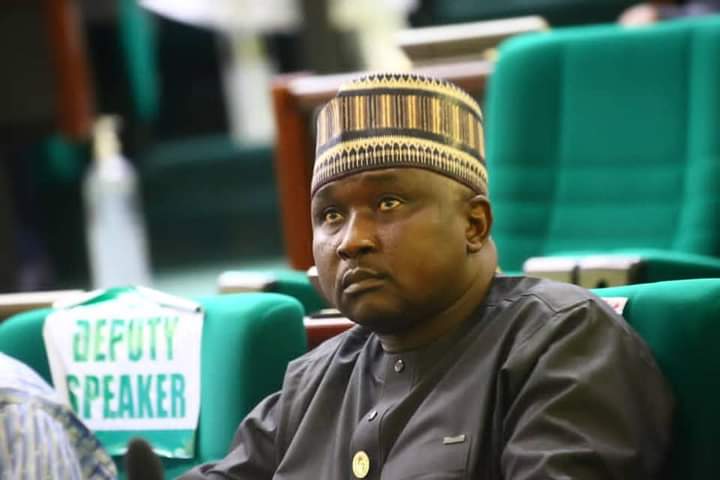Nigerian Senator Ahmed Wadada Quits Social Democratic Party Amid Internal Crisis
In a surprise move, Senator Ahmed Wadada, representing Nasarawa West, has tendered his resignation from the Social Democratic Party (SDP). Wadada’s decision, announced in a letter dated Thursday and addressed to the Chairman of the SDP, Tudun Ward, in Keffi Local Government Area of Nasarawa State, has fueled speculation about his future in Nigerian politics.
The senator cited the SDP’s lingering internal crisis as the reason behind his departure. “I am writing to inform you of my decision to resign as a member of the Social Democratic Party (SDP), effective immediately. This decision has not been taken lightly, but I feel compelled to do so due to the lingering internal crisis that has plagued our party for some time,” he stated.
According to Wadada, the internal conflicts have led to serious divisions and litigations within the party, rendering it increasingly difficult for him to continue as a member. Despite acknowledging the opportunities provided by the SDP, Wadada expressed his gratitude and appreciation for the experiences and relationships built during his tenure but ultimately decided it was time to explore new avenues.
This development follows Wadada’s recent remarks expressing support for President Bola Tinubu’s administration, sparking speculation about his potential next steps. After a visit to the State House, the senator refuted suggestions that the African Democratic Congress could present a leader who would outperform Tinubu’s achievements. Furthermore, Wadada hinted at the possibility of rejoining the All Progressives Congress (APC), a party he had previously served as a national officer of the Peoples Democratic Party before switching to the APC and subsequently joining the SDP.
Wadada emphasized that his exit from the SDP was not driven by any dispute with the party but rather by what he described as “the dynamism of life.” As he embarks on a new chapter in his political career, all eyes are on Wadada’s next moves, which may have significant implications for Nigeria’s complex and ever-changing political landscape.
His resignation serves as a reminder of the ongoing challenges faced by the SDP and other parties in Nigeria as they navigate internal power struggles and shifting alliances. Wadada’s departure may prompt the SDP to engage in self-reflection and re-evaluate its long-term goals and strategies to prevent further defections.
With Wadada’s resignation, the Nigerian Senate will be watching with interest to see if other politicians follow suit or if the SDP will consolidate and strengthen its ranks. The timing of Wadada’s departure may indicate that the country’s complex and competitive party politics are about to get even more interesting.



